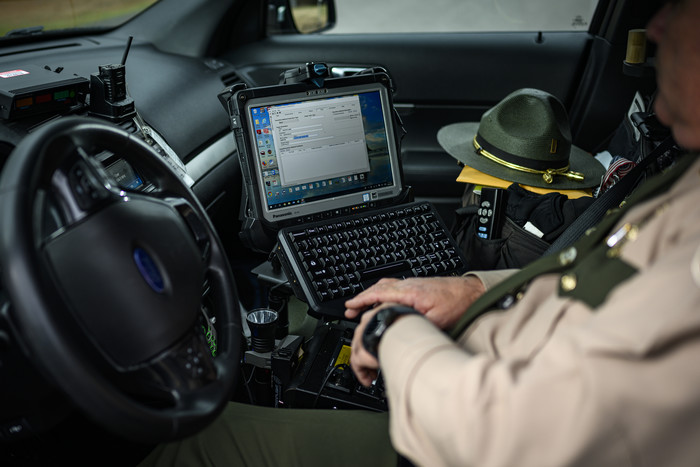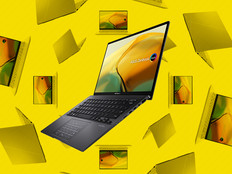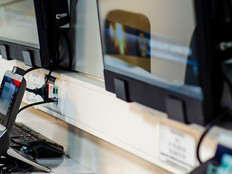“We could find much cheaper laptops, but put them in the car even for half a day and they would melt,” Yeung says. “We find durability, temperaturewise, most important.”
Yeung also cites Getac’s solid-state drives as a deciding feature. “When you carry the laptop around, shaking and vibration won’t damage the data inside,” he says.
From an IT perspective, the notebooks are simple to support. Patches are pushed out remotely, and only the rare hardware issue needs to be dealt with in person. And, because all the equipment is standardized, officers can simply swap out a notebook that needs repair and get back on the road without needing to wait for IT support, Yeung says.
READ MORE: Find out how 5G network slicing technology can benefit public safety.
St. Louis County Appreciates Toughbooks for Their Flexibility
In Missouri, the St. Louis County Police Department turned to the Panasonic Toughbook 54 to meet its officers’ needs.
“The 54 is semirugged. We were looking for something that easily went in and out of a dock in a car that was still somewhat rugged but wasn’t as heavy or bulky,” says Sgt. Mike Wilson, the department’s IT director. The 54s are replacing the department’s Toughbook 31s. Wilson is particularly impressed with the new docking system, which includes flexible copper pins that don’t break easily, as previous rigid pins sometimes did.
“The goal was for officers to relate to victims and to the public in their own environment,” Wilson says. Officers can grab the devices and take notes for their reports wherever their jobs take them.
When rolling out new technologies, Wilson often encounters resistance. “Cops — and I am one, so I’m speaking for myself — we’re really hard to change,” he says.













